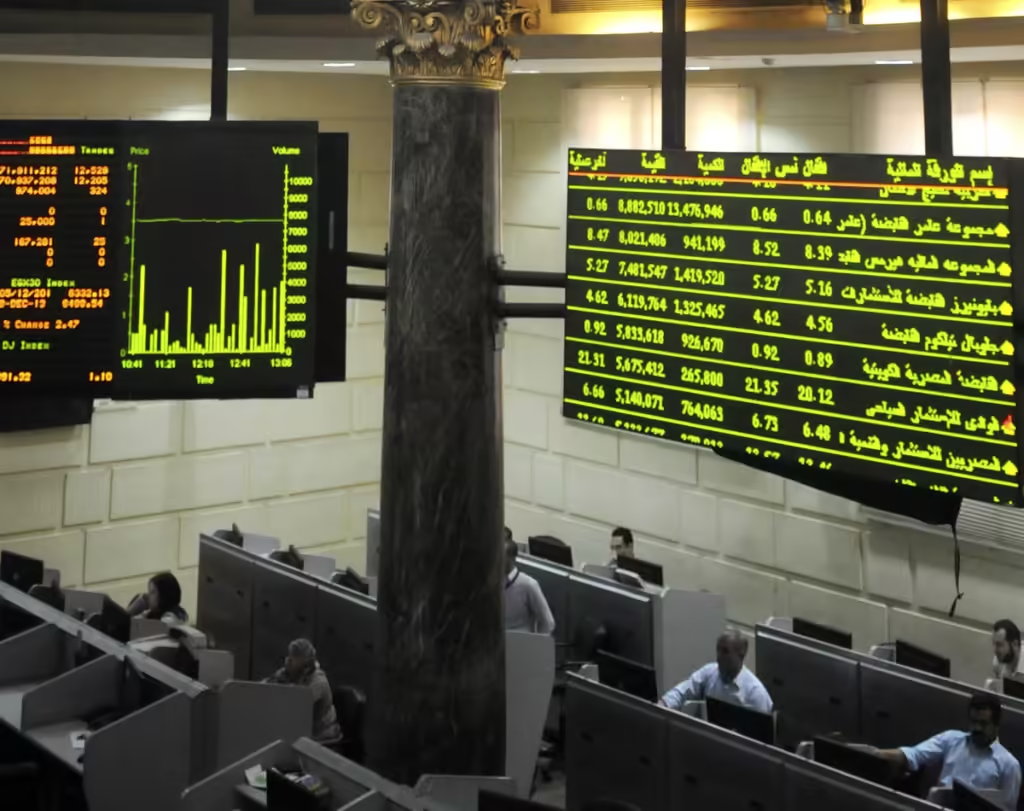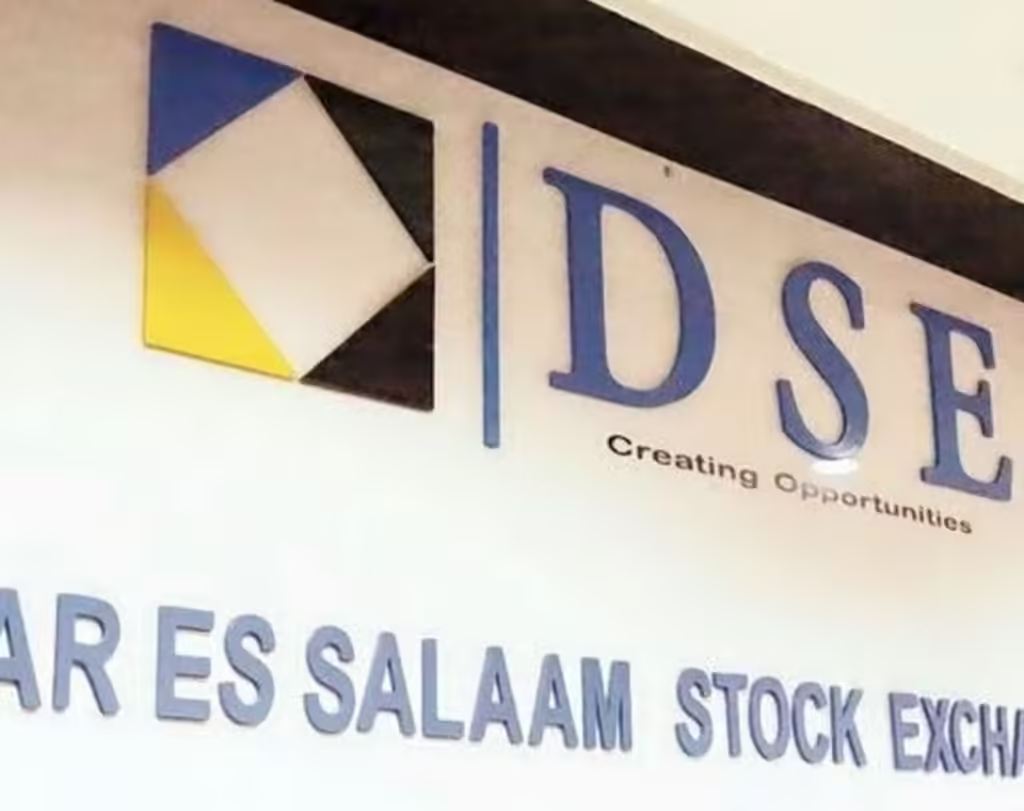Investing in stocks is a dynamic way to build wealth, and understanding how to purchase shares on different stock exchanges can open doors to exciting opportunities. If you’re looking to dive into the world of equities, here’s a comprehensive guide on how to purchase shares on five of Africa’s prominent stock exchanges: the Nairobi Securities Exchange (NSE), Johannesburg Stock Exchange (JSE), Egyptian Exchange (EGX), Nigerian Exchange Group (NGX), and Dar es Salaam Stock Exchange (DSE).
Contents
Johannesburg Stock Exchange (JSE), South Africa
Website: jse.co.za
The Johannesburg Stock Exchange (JSE) is one of the largest stock exchanges in Africa, offering a diverse range of investment opportunities. Here’s a step-by-step guide to purchasing shares on the JSE:
1. Research and education
Start by understanding the JSE’s market segments, such as the JSE All Share Index (ALSI), which represents the top-performing companies. Familiarize yourself with the market trends and the companies you are interested in.
2. Open a trading account
To trade on the JSE, you need to open an account with a registered stockbroker or a financial services provider who is a member of the JSE. The JSE has a number of accredited brokers that can assist you with your investments.
- Required documents: Typically, you will need proof of identity, proof of residence, and bank details.
- Process: Contact a JSE-registered broker, complete the application form, and submit the required documentation.
3. Fund your account
Deposit funds into your trading account. The amount required will depend on the cost of the shares you intend to buy and any additional fees or commissions.
4. Place your order
Once your account is funded, instruct your broker to place an order. You can choose between a market order or a limit order depending on your investment strategy.
5. Execute the trade
Your stockbroker will execute the trade on the JSE on your behalf. The trade will be processed, and the shares will be bought and held in your account.
6. Monitor your investments
Keep an eye on your investments through your broker’s platform or the JSE’s website. Regular monitoring will help you make timely decisions based on market performance.
7. Receive confirmation
After the trade is completed, you will receive a confirmation from your stockbroker. The shares will be added to your portfolio.
Make sure to stay informed about market conditions and the performance of the shares you own. Regularly review your investments to ensure they align with your financial goals.

Nairobi Securities Exchange (NSE), Kenya
Website: nse.co.ke
The Nairobi Securities Exchange (NSE) is Kenya’s leading stock exchange, providing a platform for trading various financial instruments including equities, bonds, and derivatives. Here’s how you can get started with purchasing shares on the NSE:
1. Understand the market
Before making any investments, familiarize yourself with the NSE’s market structure, including its major indices such as the NSE 20 Share Index and the NSE All Share Index. Research listed companies and their financial performance to make informed investment decisions.
2. Open a CDS account
To trade on the NSE, you need to open a Central Depository System (CDS) account. The CDS account is used to hold your shares electronically. You can open this account through any licensed Central Depository Agent (CDA), which are usually banks or stockbroker firms.
- Required documents: Typically, you’ll need a valid ID, a KRA PIN, and proof of address.
- Process: Visit the CDA, complete the necessary forms, and submit the required documents.
3. Choose a stockbroker
Select a licensed stockbroker from the NSE list of accredited brokers who will act as your intermediary for buying and selling shares. Ensure that your chosen broker is registered with the Capital Markets Authority (CMA) and has a good reputation.
- Brokerage firms: Some well-known brokerage firms in Kenya include Dyer & Blair Investment Bank, Kenya Commercial Bank (KCB) Group, Standard Investment Bank (SIB), and CIC securities.
4. Fund your account
Deposit funds into your stockbroker’s client account. The amount will depend on the shares you wish to purchase and the brokerage’s minimum deposit requirements.
5. Place an order
Work with your stockbroker to place an order. You can choose between a market order (buying at the current market price) or a limit order (setting a specific price at which you want to buy).
6. Monitor your investments
Once your order is executed, you can track your shares through the NSE website or your stockbroker’s platform. Regularly review your investment portfolio and market conditions to make informed decisions.
7. Receive confirmation
Once the transaction is completed, you will receive confirmation from your stockbroker, and the shares will be reflected in your CDS account.
Make sure to keep track of your investment and stay updated with market trends and company performance.

Egyptian Exchange (EGX), Egypt
Website: egx.com.eg
The Egyptian Exchange (EGX) is one of the oldest stock exchanges in the region, with a rich history and a diverse range of listed companies. Here’s how to purchase shares on the EGX:
1. Market research
Understand the EGX’s market structure, including indices such as the EGX 30, which tracks the top 30 companies. Research potential investments to make well-informed decisions.
2. Open a brokerage account
To trade on the EGX, you need to select a licensed brokerage firm or financial institution that is a member of the EGX who will assist with your investments.. You need to open a trading account with one of these brokers.
- Required documents: Generally, you will need a national ID, proof of address, and sometimes additional documentation related to your financial status.
- Process: Visit the brokerage firm, complete the necessary forms, and submit your documents.
3. Fund your account
Deposit the required funds into your brokerage account. This will be used to purchase shares and cover any associated fees or commissions.
4. Place your order
Instruct your broker to place an order for the shares you wish to purchase. Your broker will execute the trade on the EGX on your behalf. You can opt for a market order or a limit order based on your investment preferences.
5. Execute the trade
Your broker will execute the trade on the EGX on your behalf. Once the order is processed, the shares will be bought and added to your account.
6. Monitor your investments
Monitor your investments through the broker’s platform or the EGX’s official website. Keeping track of your portfolio will help you make informed decisions and manage your investments effectively.
7. Receive confirmation
After the transaction is completed, you will receive confirmation from your broker, and the shares will be reflected in your account.
It’s important to stay informed about market trends and regularly review your investments to ensure they align with your financial goals.

Nigerian Exchange Group (NGX), Nigeria
Website: ngxgroup.com
The Nigerian Exchange Group (NGX) is a leading stock exchange in West Africa, offering a range of investment opportunities. Here’s a guide to purchasing shares on the NGX:
1. Understand the market
Familiarize yourself with the NGX’s market structure, including its major indices such as the NGX All Share Index. Research companies listed on the NGX to identify investment opportunities.
2. Open a trading account
To trade on the NGX, you need to open an account with a registered stockbroker. Ensure that the broker is licensed by the Securities and Exchange Commission (SEC) of Nigeria.
- Required documents: Typically, you will need identification documents, proof of address, and a completed application form.
- Process: Contact a registered stockbroker, complete the necessary paperwork, and submit the required documents.
3. Fund your account
Deposit funds into your stockbroker’s account. The amount will depend on the cost of the shares you want to purchase and any applicable fees.
4. Place your order
Instruct your broker to execute your order. You can choose between different types of orders, such as market orders or limit orders, based on your investment strategy.
5. Execute the trade
Your stockbroker will execute the trade on the NGX on your behalf. The shares will be bought and added to your trading account.
6. Monitor your investments
Track your shares through your broker’s platform or the NGX’s website. Regular monitoring will help you stay updated on market trends and make timely decisions.
7. Receive confirmation
Once the transaction is completed, you will receive confirmation from your stockbroker, and the shares will be reflected in your account.
It’s important to stay updated on market trends and the performance of the companies you invest in to make informed decisions about your investments.

Dar es Salaam Stock Exchange (DSE), Tanzania
Website: dse.co.tz
The Dar es Salaam Stock Exchange (DSE) is Tanzania’s principal stock exchange, providing opportunities for local and international investors. Here’s how to purchase shares on the DSE:
1. Market research
Gain an understanding of the DSE’s market structure, including key indices such as the DSE All Share Index. Research the companies listed on the exchange to make informed investment choices.
2. Open a trading account
To trade on the DSE, you need to open a trading account with a licensed stockbroker financial institution that is a member of the DSE. The DSE has several accredited brokers who can assist you with your investments.
- Required documents: Typically, you will need a valid ID, proof of residence, and other relevant documents as specified by the broker.
- Process: Approach a registered stockbroker, complete the application form, and provide the necessary documentation.
3. Fund your account
Deposit the required funds into your trading account. This will be used to buy shares and cover any transaction fees.
4. Place your order
Instruct your broker to place an order for the shares you wish to buy. You can choose a market order or a limit order based on your investment goals.
5. Execute the trade
Your stockbroker will execute the trade on the DSE on your behalf. The shares will be purchased and added to your trading account.
6. Monitor your investments
Keep track of your investments through your broker’s platform or the DSE’s official website. Regular monitoring will help you stay informed about market movements and manage your portfolio effectively.
7. Receive confirmation
Once the transaction is complete, you will receive confirmation from your stockbroker, and the shares will be reflected in your account.
Make sure to stay informed about market trends and review your investments regularly to ensure they align with your financial goals.






